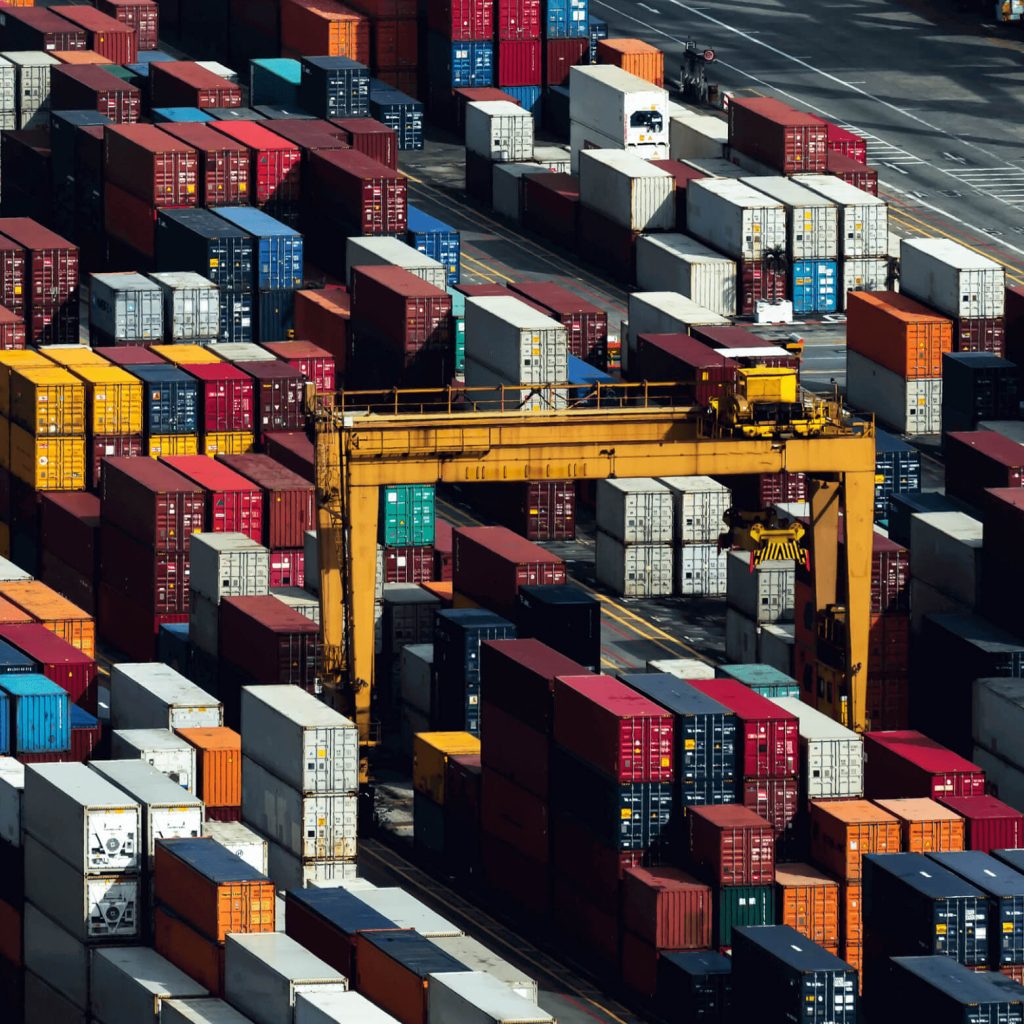The problem of waste is an increasingly severe environmental issue worldwide. Therefore, it is essential to address this growing problem; experts in sustainability consulting and innovative technologies can help revamp waste handling and disposal for enhanced efficiency and environmental protection.
What is waste management technology?
Software development and innovative technologies are playing a significant role in improving waste management. Waste management technology refers to the various methods and techniques used to manage, treat, and dispose of waste materials in an efficient and environmentally friendly manner. It includes solutions powered by advanced sensors, automation, artificial intelligence and other technologies that are used for collecting, sorting, recycling, composting, incinerating, and landfilling waste.
Waste management technologies are vital to unlocking a range of environmental benefits. Here are some of the most common ones:
- Amongst the most significant is an efficient waste collection – helping to ensure that rubbish is gathered and dealt with promptly and effectively, minimising the amount of waste that ends up in landfills or pollutes the environment while maximising resource recovery and energy generation from waste.
- Another benefit is utilising waste-to-energy plants to reduce detrimental environmental impact drastically. These innovative facilities convert waste into energy and effectively decrease greenhouse gas emissions - a crucial step towards preserving our planet for future generations.
- Implementing improved waste management methods can significantly improve public health outcomes by mitigating potential risks associated with disease and contamination from neglected refuse materials.
- According to the World Economic Forum, out of the 40 million tons of plastic waste produced in the US during 2021, a mere fraction ranging between five to six per cent, equivalent to approximately two million metric tonnes, has been recycled. The adoption of waste management technologies can result in a significant increase in recycling rates. Thus, not only reducing the amount of waste in landfills but also conserving natural resources and curtailing the need for additional landfill sites.
Overall, waste management technologies provide various ecological advantages that help protect our planet for future generations.
Waste management: key technologies and real-life applications
The latest waste management technologies positively impact the environment by helping to tackle global problems sustainably. These cutting-edge solutions are designed to adapt to the needs of modern businesses, cities and urban landscapes and are implemented worldwide. Here are some of the most promising:
1. Waste management applications
Waste management applications are the ultimate solution for individuals and businesses seeking to manage waste efficiently and sustainably. These apps offer many features that simplify waste management, from tracking production levels to identifying optimal disposal options.
Whether on a smartphone, tablet, or computer, there are numerous waste management apps. While all these apps offer similar functionality, mobile apps are more convenient for users who require access to waste management information while moving. Additionally, businesses may wish to consider developing their own custom app tailored specifically to their unique needs to maximise efficiency and minimise waste.
Some common features of mobile and desktop waste management apps include:
- Waste tracking – helps users reduce the amount and type of waste they generate over time. By tracking their waste output, users can identify patterns and areas where they can make changes to reduce their overall impact.
- Waste reduction tips – apps can offer invaluable tips and advice on reducing your waste footprint, from recycling strategies to composting techniques and beyond.
- Disposal options – apps can help users discover how to dispose of various types of waste, such as hazardous materials or electronic waste.
- Reporting – users can generate reports on their waste management practices, which can be essential for businesses or organisations looking to track their sustainability efforts.
At ELEKS, we have successful implemented this technology. Our client eTracks launched its Sustainable Recovery Platform – powered by ELEKS – to help manage recyclable materials, organisations' compliance with regulations, and resource recovery data accuracy. The platform aims to divert waste from landfills and support a circular economy. Read more about the solution here: A Comprehensive Data Management Platform to Manage Recycling Processes Data from End to End.
2. Smart waste bins
If you're looking for a way to modernise your waste management system, installing smart bins is the answer. Smart waste bins are equipped with sensors and other advanced technologies, like artificial intelligence of things, computer vision, robotics, etc., that enable them to collect data on the amount of waste being generated, monitor fill levels, and optimise collection routes. These hi-tech containers can detect when they need to be emptied and alert users accordingly.
Waste sorting is an integral part of environmentally-conscious waste disposal, but many people make mistakes when disposing of their waste materials. Artificial intelligence-powered smart bins can help eliminate human error and make the process more efficient. These smart bins can differentiate between recyclable materials and regular waste, making it easier for us to recycle properly.
This technology is already being successfully implemented in many real-life scenarios. For example, Bin-e, smart waste bin, sorts and compresses waste automatically, controls the fill level, and processes data for convenient waste management. Another example is Bigbelly smart bins that use solar power to compact waste and send notifications when they need to be emptied. As more and more businesses adopt these technologies, it becomes clearer that they are highly effective at streamlining operations and reducing costs.
3. AI and robotics waste sorting
AI waste sorting refers to using artificial intelligence technology to sort and classify different waste materials. It involves the use of computer vision, machine learning algorithms, and robotics to identify and separate recyclable materials from non-recyclable ones.
The process begins with a camera or sensor system that captures images of the waste material as it moves along a conveyor belt. The AI system then analyses these images using pattern recognition algorithms to identify different types of materials, such as plastic, metal, glass, paper, and organic waste.
Once identified, the AI system directs robots or other mechanical devices to pick up and sort each type of material into designated bins or containers. This automated process is faster and more efficient than manual sorting methods, reducing labour costs and increasing recycling rates.
For instance, HERA, a multi-utility company in Italy, set out to capture footage of incoming garbage to automate trash identification using AI technology for reuse and recovery purposes. Another example is German startup Angsa Robotics, which makes autonomous trash-picking robots that use AI and machine vision to identify and automatically pick up cigarette butts, bottle caps, or plastic scraps in parks. The sensors help the robot avoid collisions during autonomous navigation while also reducing the time spent by cleaning personnel so they can focus on other demanding tasks.
Key takeaways
Waste management technology is vital to addressing the burgeoning problem of waste production, conserve resources and safeguarding the environment. The advantages of waste management technology include more efficient waste collection, exploiting wasted energy plants, enhanced public health outcomes and an increase in recycling rates.
Waste management technologies such as waste management applications, smart waste bins, and AI and robotics waste sorting, are already being implemented globally, offering numerous ecological advantages that help protect our planet for future generations.
Related Insights

















